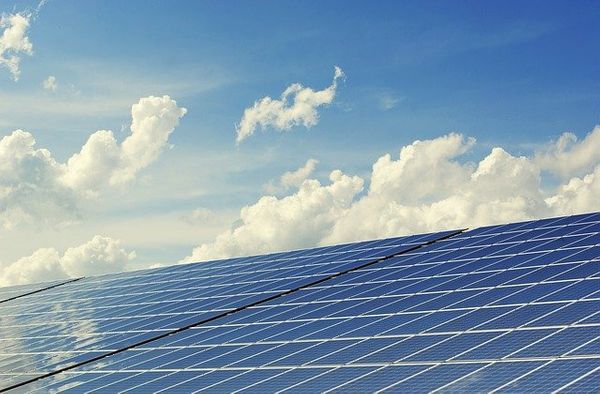In the last decade, solar has experienced an average annual growth rate of 33%. It’s no secret that solar panels are beneficial to homeowners, but can weather impact the efficiency of your solar system?
Many people wonder if solar panels work in cloudy and overcast weather. If you want to know this answer, you are in the right place.
Keep reading to learn more.
Solar Panels in Cloudy and Overcast Weather
Rooftop panels are often exposed to cloudy and overcast weather. Solar-powered electricity generation has evolved and increased in efficiency.
Because of this, panels can withstand certain weather conditions.
Rain, high winds, lightning, snow, and extreme temperatures can all cause solar panels to produce less than their optimal capacity.
How Does Weather Impact Solar Panels?
Rain doesn’t stop panels from producing energy entirely. However, they can only produce about 10%-25% capacity on rainy days. The exact amount depends on how heavy the rain is and how dark it makes the sky.
Solar panels can withstand winds of up to 140 miles per hour as long as the roof has been maintained properly.
Since solar panels are electrical, they are at risk of lightning causing voltage surges. To prevent surges, have your panels installed by a professional company like Blue Raven Solar.
Snow is not generally a problem because it melts fast when panels point directly at the sun. It can, however, block solar panels from receiving sunlight.
In extreme freezing temperatures, solar panels can function normally if they receive proper sunlight. Solar panels absorb light from the sun, not heat. In extreme heat, PV semiconductors make panels less efficient.
What About Shaded Panels?
Solar panels in the shade can cause issues with your system. Solar panels are most efficient in full, direct sunlight.
The impact of shading on your solar system depends on these factors:
- The technology used in the solar panels
- Duration of shading
- Inverter setup
It’s important to have your roof inspected before solar panel installation. An installer can decide if your roof is right for a residential solar system. If your roof faces the sun most of the time, you are a prime candidate.
Shaded solar panels can still work on cloudy days. If your system is shaded most of the year, it won’t be as efficient.
Solar panels are composed of solar cells.
If these cells are covered by shade, they can’t work at full capacity.
Part of your solar panels can be covered while the others operate normally if faced with the sun.
Are Solar Panels Right for Your Home?
Although solar panels can work in cloudy and overcast weather, they are most efficient in direct sunlight. If your system goes long periods without the sun, you won’t reap the benefits of solar energy.
Solar panels might not be right for your home. To help you decide, opt for a roof inspection before hiring a solar installation company.
Also Read: 5 Things to Know When Buying Solar Panels for Your Home


